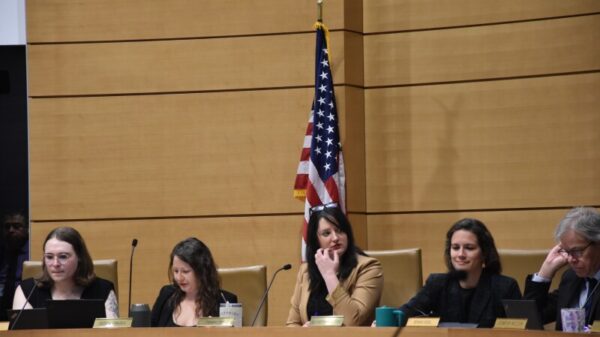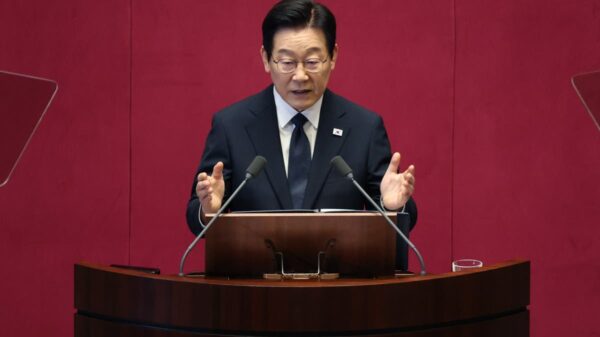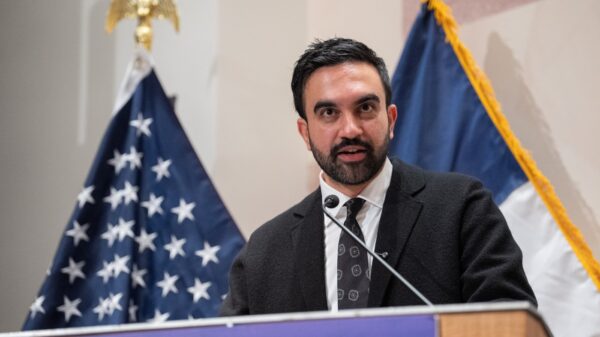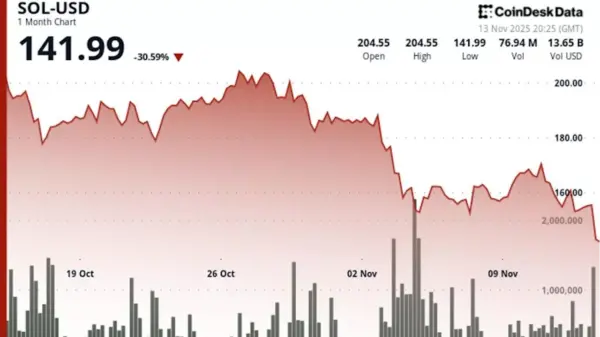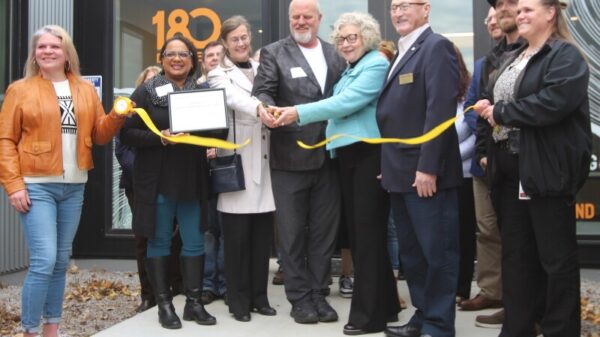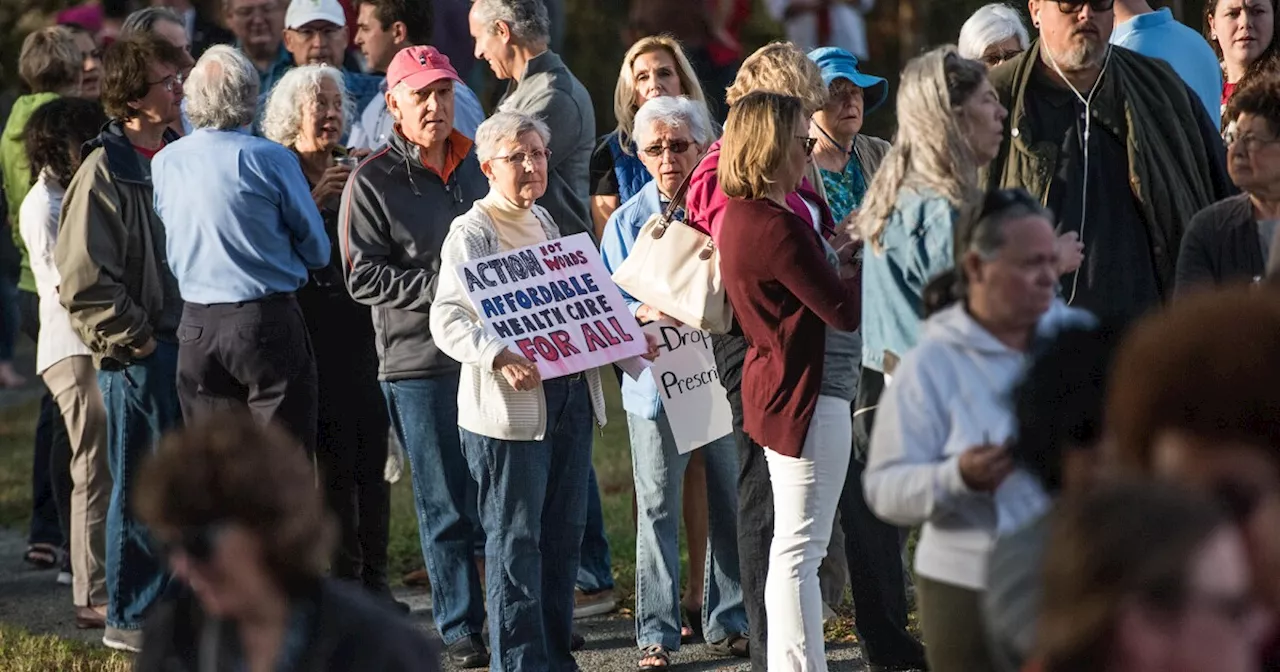Democratic representatives from San Diego are voicing strong opposition to the exclusion of health care tax credits from the government funding bill that recently ended the federal shutdown. This decision has direct implications for many residents who rely on the Affordable Care Act (ACA) for healthcare coverage. Without an extension of these crucial premium tax credits, many constituents could face significant increases in their healthcare costs.
Rep. Mike Levin, who represents California’s 49th District, stated that the lack of action regarding ACA tax credits could lead to premium hikes that double or even triple for some individuals. He emphasized that many constituents have expressed anger and concern over the potential financial burden. “My constituents are getting letters from Covered California indicating the premiums are going to be rising, in some cases by tens of thousands of dollars per year,” Levin remarked.
The tax credits were a key priority for Democrats, and Levin criticized Republican lawmakers for rejecting what he described as a reasonable offer to extend the credits for one year. He mentioned that eight Democratic senators contributed to undermining the efforts to secure these funds, effectively conceding to Republican demands.
In a related statement, Rep. Scott Peters, representing California’s 50th District, explained his opposition to the funding bill while highlighting the positive outcome of securing food assistance for vulnerable communities. “You have people on food assistance who were potentially going to face really severe hunger issues, and so we avoided that,” Peters noted. He acknowledged that Republicans will soon face backlash from constituents who will experience rising healthcare costs firsthand come January 2024.
According to Levin, if the tax credits are not extended, millions may opt out of their insurance plans, which could lead to higher costs for those who remain insured. He cautioned that the current Republican approach could push individuals towards high-deductible health plans, which he labeled as inadequate solutions that benefit the insurance industry while burdening average citizens with exorbitant out-of-pocket expenses.
The response from the Republican side has been limited, with Rep. Darrell Issa—who represents California’s 48th District—failing to provide a comment on the issue. His office did release a statement affirming his support for fully funding the government and opposing efforts to disrupt government operations.
As discussions around the future of health care tax credits continue, the San Diego congressional delegation remains committed to advocating for their constituents. The urgency of the situation has led to an outpouring of concerns from residents worried about the implications of rising premiums.
The fight over health care tax credits is set to continue, with lawmakers expected to revisit this issue in the coming month. The impact on families across San Diego County could be profound if these essential credits are not reinstated.











